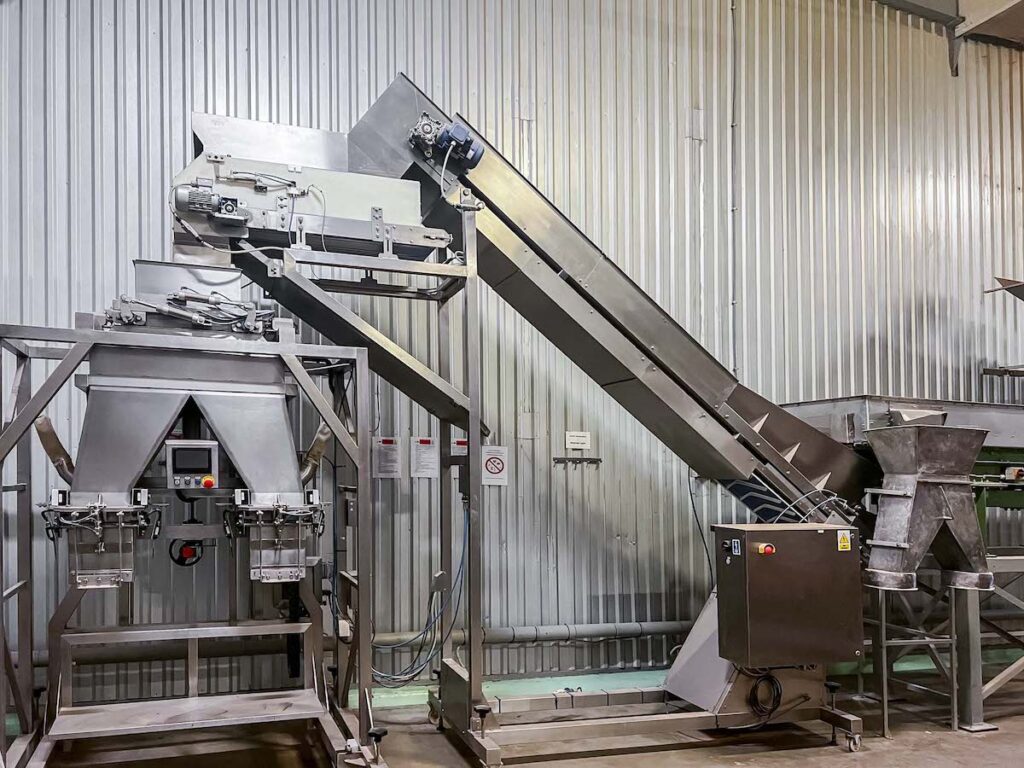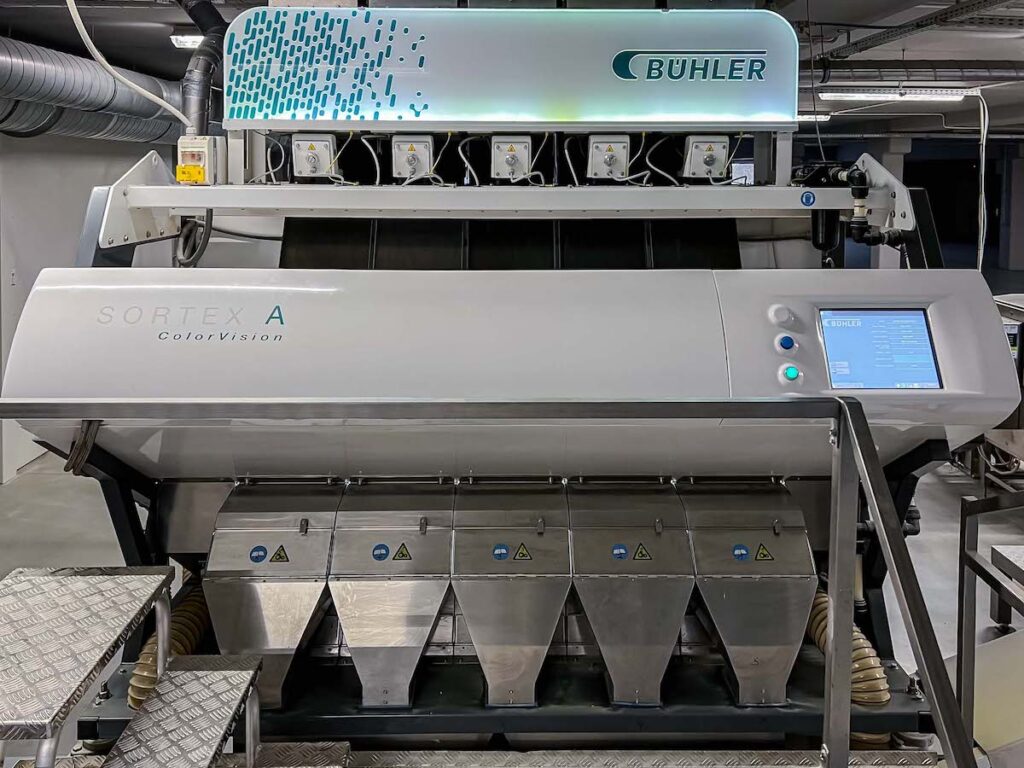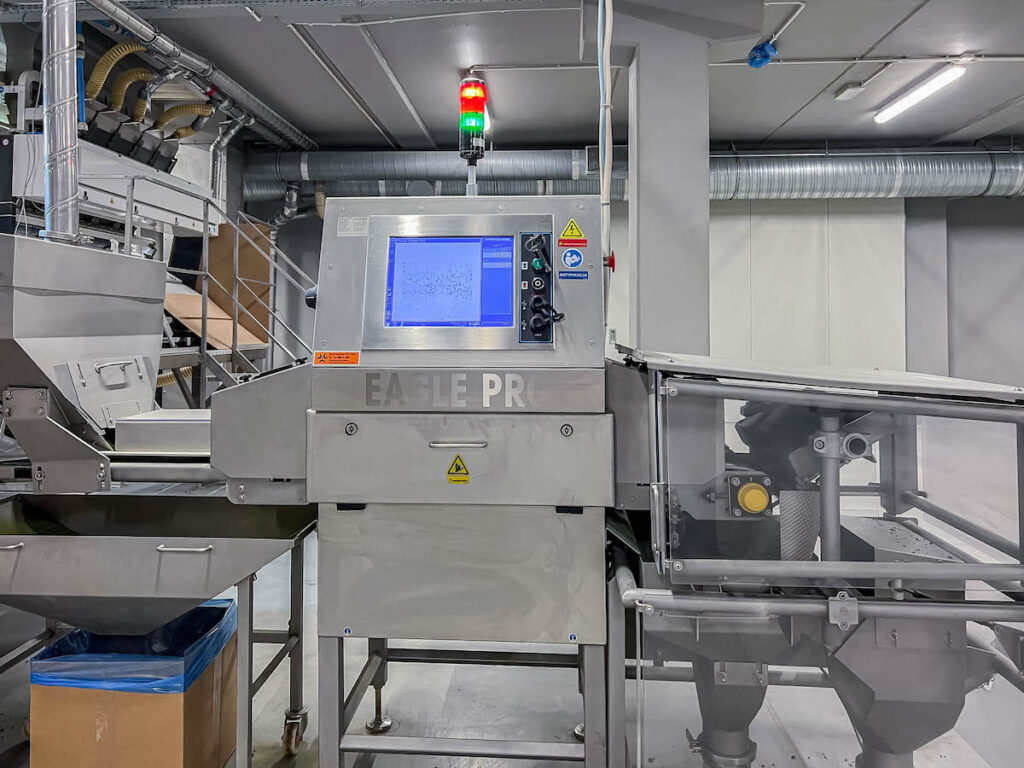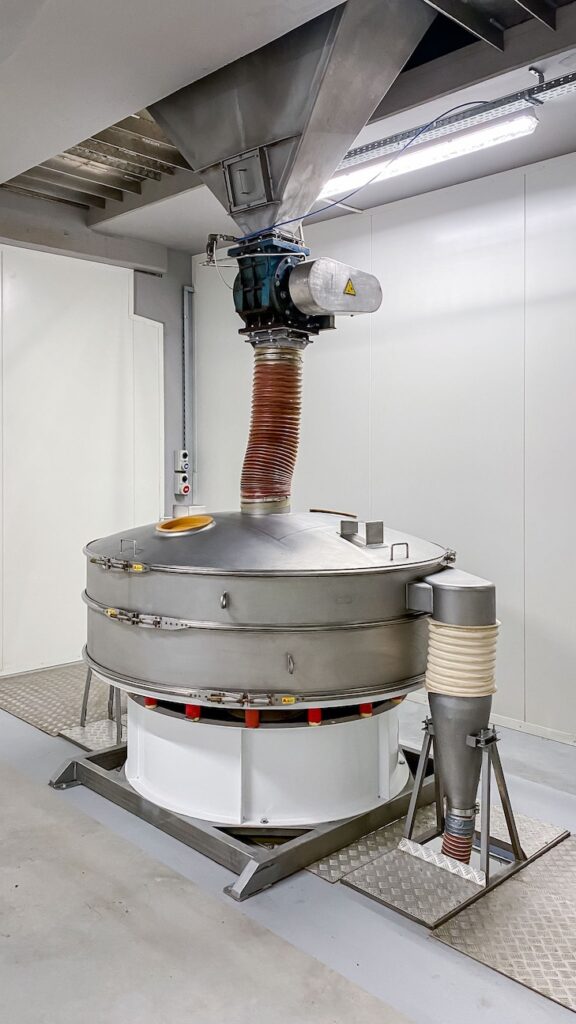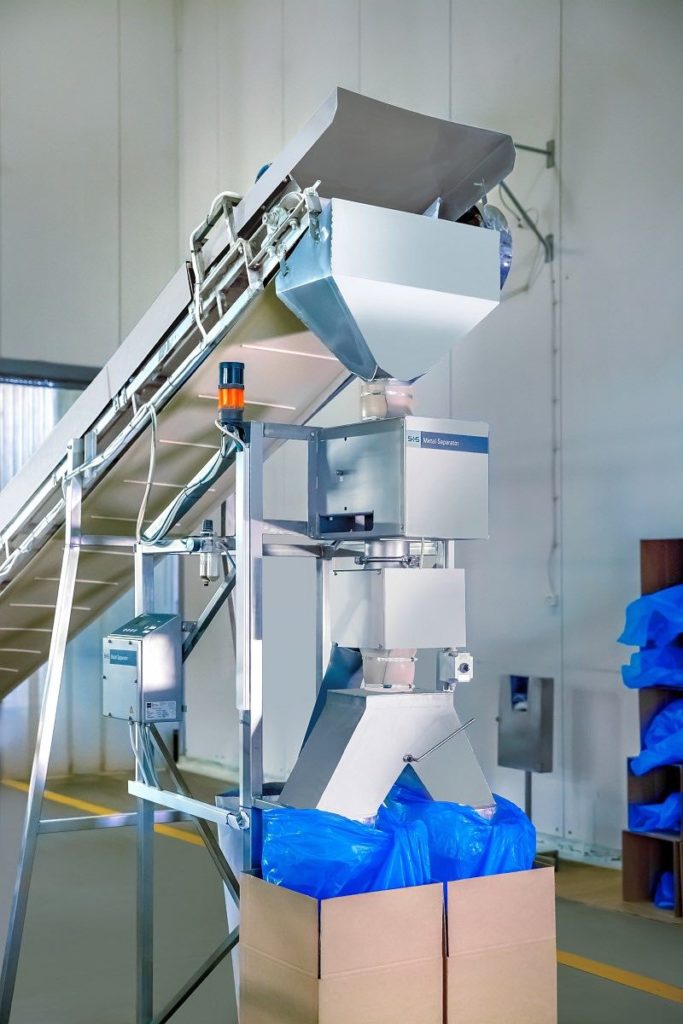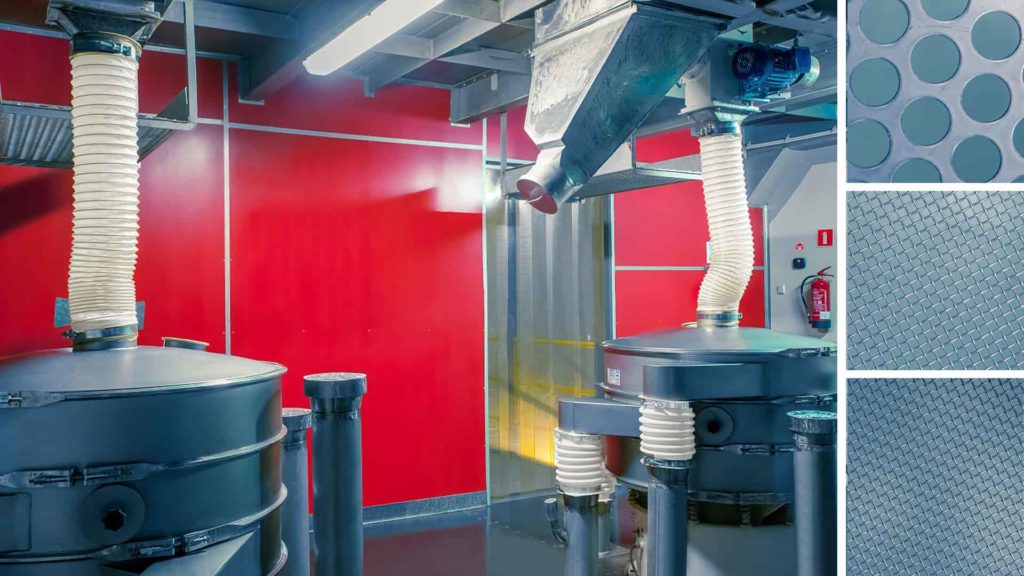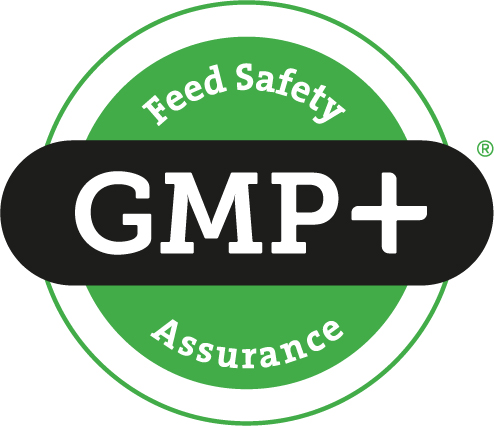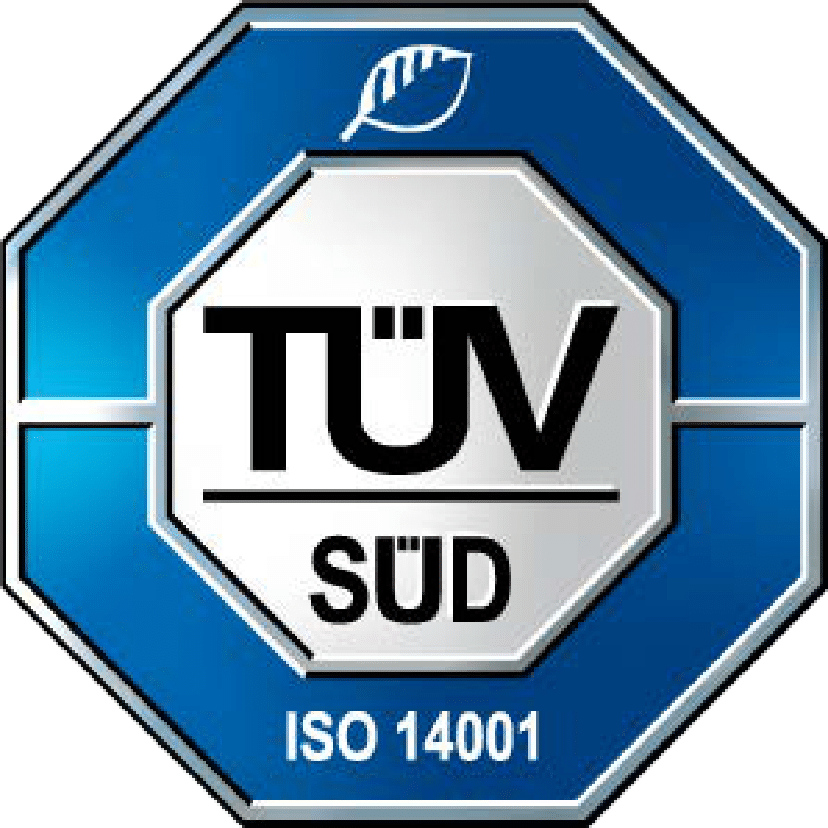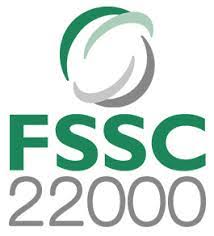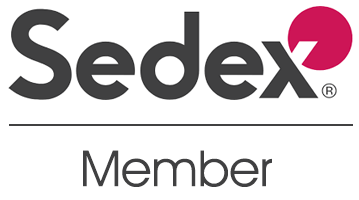
After receiving an order from the customer, each batch undergoes a refinement process which includes sieving, sorting, manual separation, grinding, mixing, and packaging.
The required dried materials are retrieved from the warehouse in the specified quantity and transported to a properly designed production line. The first stage of refinement involves sieving the dried material using appropriately selected sieves to remove any unwanted fractions.
Next, the products are inspected by the SORTEX Z+ bichromatic sorter (excluding herbs and leek). Equipped with high-resolution cameras, this four-channel sorter can detect and reject any defective products. Its effectiveness is due to visible light sensors with a resolution of 2048 pixels, which can detect even the smallest defects as small as 1 pixel.
After sorting, the goods are subjected to further inspections using an inspection tape, magnetic separators, and X-ray devices. The X-ray inspection system is highly accurate and reliable, detecting and removing foreign objects such as high-density plastic, rubber, metal, bones, shells, stones, or glass.
Depending on the customer’s requirements, the dried vegetables can be packaged directly after cleaning and sorting, or they can undergo further processing using grinding devices, vibrating screens, and/or mixers. The final stage of refinement involves detecting and removing any metal contamination that may have occurred during production or processing.
This multi-stage refinement and quality control system ensures that the final product is safe for consumers, and its quality is consistently verified and repeatable.
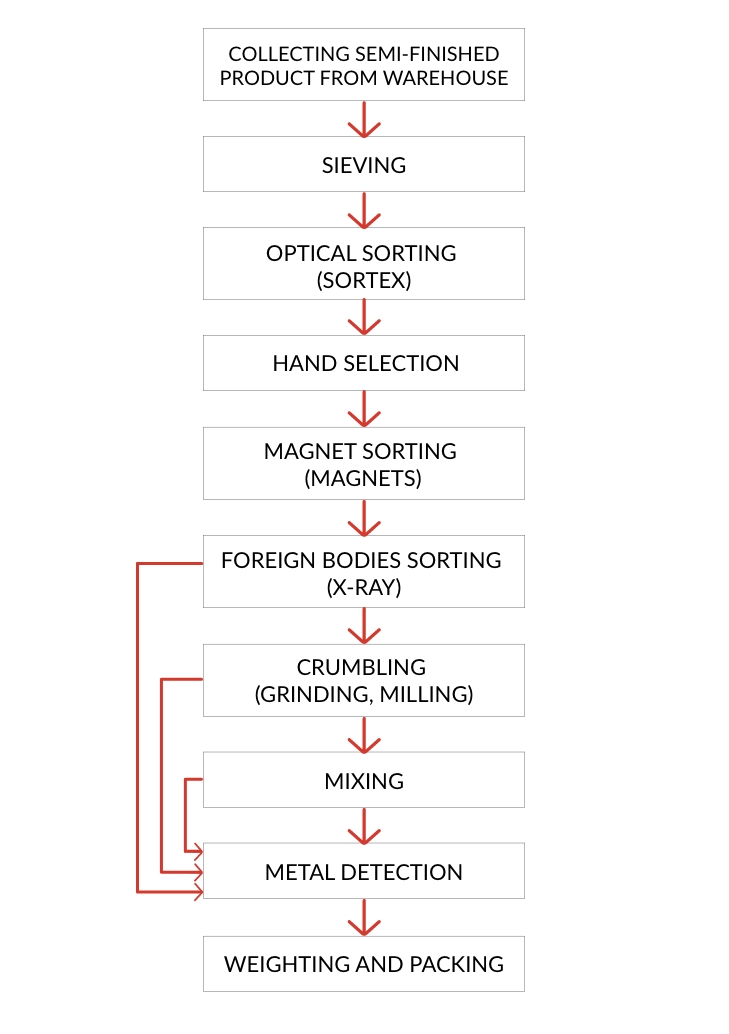
This multi-stage refining and product quality-control process guarantees the safety of our products and their unchangeable high quality.
